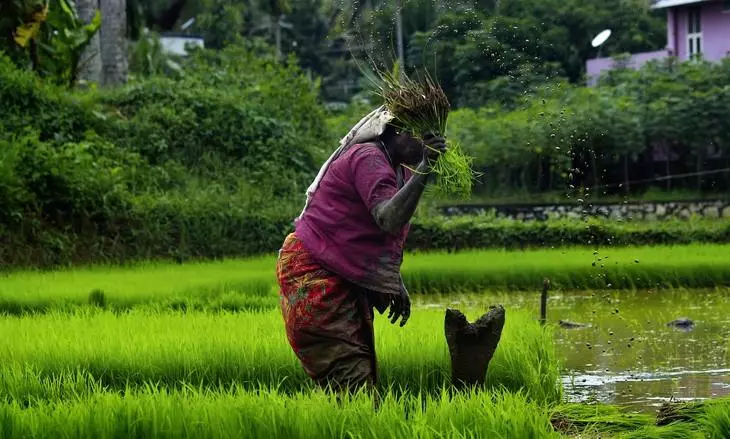
The Association of India Pesticide Manufacturers and Developers proposed to reduce goods and services in the pesticides category up to 5 percent from the current 18 percent by analogy with other agricultural resources, such as seeds and fertilizers.
PMFAI is a sectoral body consisting of more than 200 small, medium and large Indian manufacturers, recipe developers and pesticide sellers.
In addition, the PMFAI Association also attempted to increase the interest rate on the export of pesticides to 13 percent from the current 2 percent and increase customs duties to import ready-made pesticide compositions or chemicals at least up to 30 percent, and on the technical class products - up to 20 percent to protect local manufacturers.
PMFAI also offers the Government to provide financial support and other assistance to developing technologies for intermediate and technical class pesticides under the program "Made in India".
"A decrease in goods and services will help the three quarters of all farmers in India, which are now outside the scope of the scope, protect their crops, without informing significant losses to the central treasury. This will help farmers to collect a crop with minimal losses, as well as provide economic returns, "said Pradip Dave, president of PMFAI, in a statement.
Since agriculture is the only sector that demonstrated sustainability and growth of 3.5-4 percent in the last quarter, it requires special attention and support, notes PMFAI.
Croplife India, which represents agrochemical firms involved in research and development, believes that the tax on goods and services should be reduced to 12 percent, which, accordingly, will reduce and prices for agrochemistry for farmers.
Croplife declares that 200 percent tax deductions for R & D expenses made by pesticide companies should be provided in the state budget to promote local innovations and providing new technologies to farmers.
"If India needs to become the Global Center for SZR supplies, Indian processes regulating the economy must comply with the global regulatory business system. We urge the Indian government to implement a scientifically based, progressive and predictive regulatory regime, so that the sector can realize his true potential, "said Asitawa Sen, CEO CROPLIFE INDIA.
(Sources: News.Agropages.com, The Hindu Business Line).
